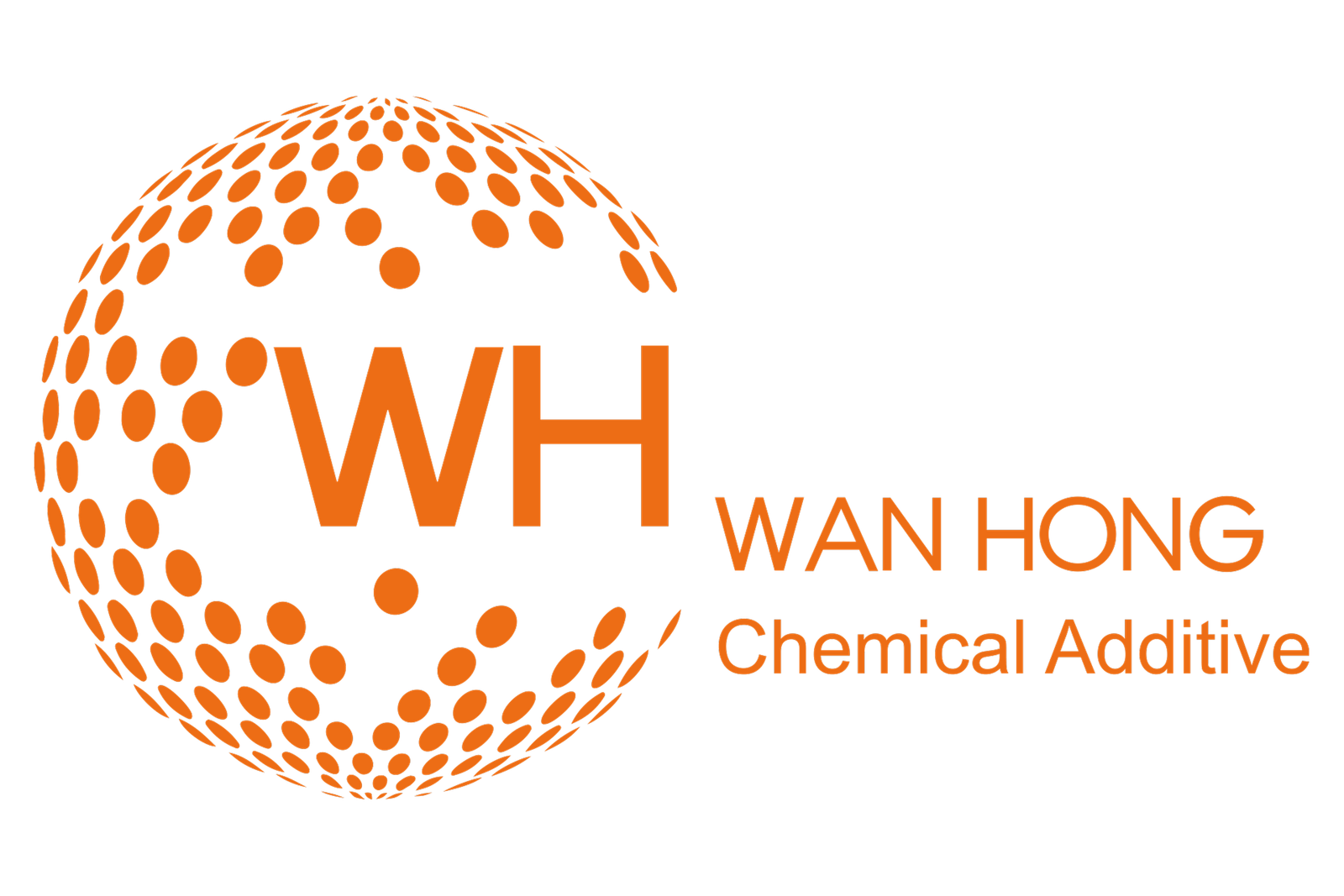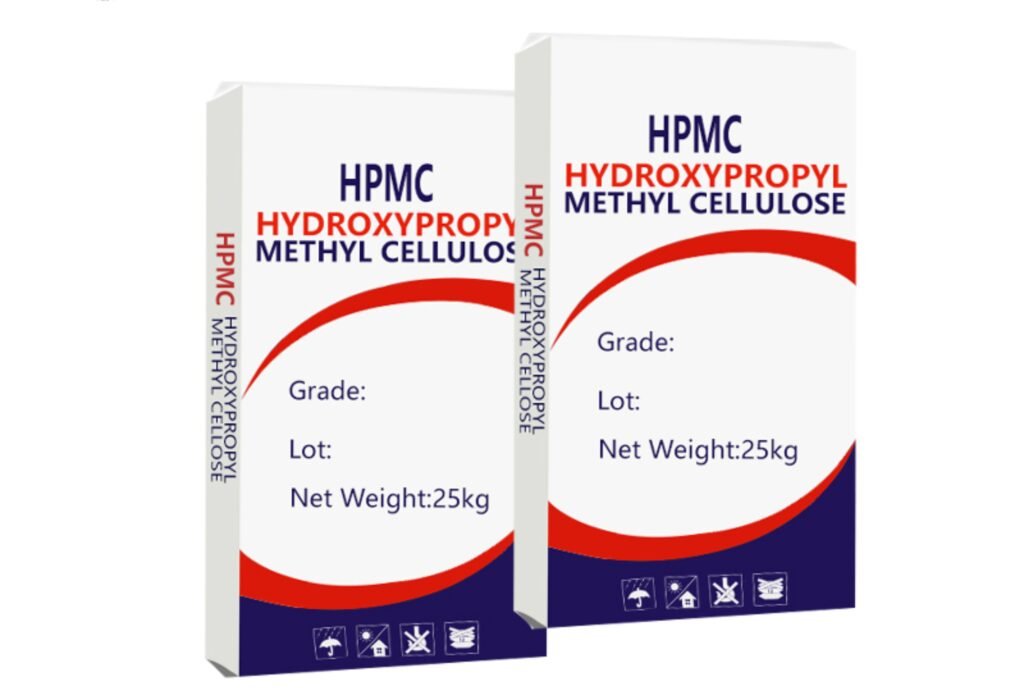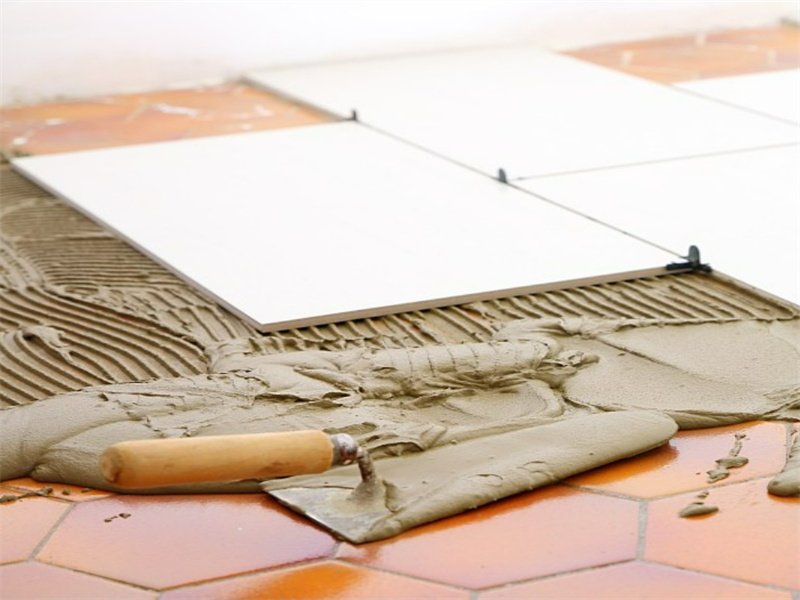
Tile Adhesives
Hydroxyethyl Methyl Cellulose (HEMC) is a vital component in various industrial applications, particularly in the formulation of tile adhesives. HEMC enhances the performance of adhesives, offering excellent water retention, improved adhesion, and ease of application. At WHHPMC, we provide top-quality HEMC that meets the stringent requirements of modern construction materials.
Advantages of incorporating cellulose into Tile Adhesives
Improved water retention:
HEMC contributes to the water retention of the cement mixture, preventing the adhesive from prematurely drying out and cracking in dry environments, thus improving the overall performance of the adhesive.
Improved workability:
HEMC improves the consistency and surface smoothness of the adhesive, making it easy to spread the adhesive even on uneven surfaces, which greatly improves the work efficiency of workers.
Enhanced Bonding:
HEMC enhances the bonding strength of the adhesive, ensuring a strong bond between the tiles and various substrate surfaces. Reduces the risk of tiles shifting or falling off.
Reduces Sagging:
HEMC improves the viscosity of the adhesive, providing better support for the tiles to ensure they stay in place during and after installation.
Superior water retention: Ensures excellent water retention, extends the working time of the tile adhesive and enhances cement hydration, maximizing the effect of the cement while maintaining it.
Easy to mix:
Easily dispersed in water to help mix faster and more efficiently with other components of the tile adhesive. Prevents layering of raw materials.
Environmentally friendly production: It is produced with environmentally friendly raw materials and processes, and does not contain harmful substances, which is safe for both users and the environment.
Detection of HEMC-added tile adhesives
One of the most important criteria for testing tile adhesives is – the degree of slip.
Testing the bond strength of tile bonding
Test the open time of the tile adhesive, which is usually 20 minutes to be able to effectively stick tiles repeatedly.
Tests the ability of an adhesive, once cured, to withstand external pressure without breaking.
Please contact us for more details.
Why Choose WHHPMC
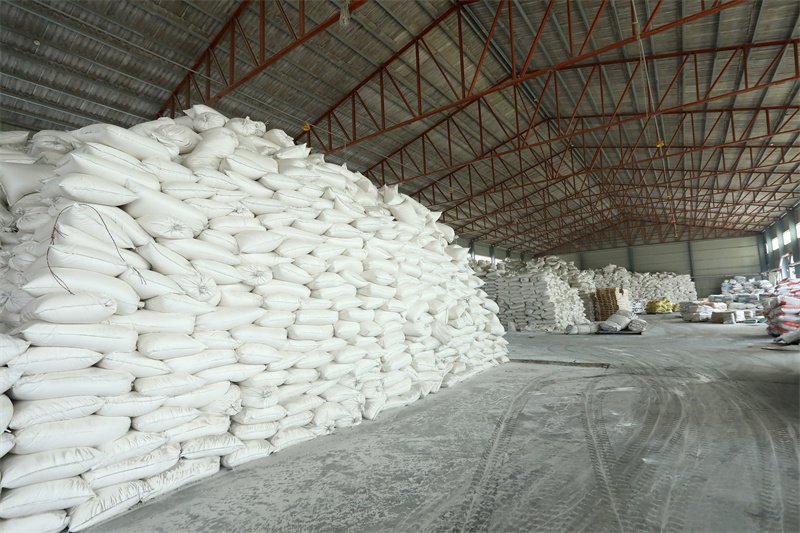
Factory-Direct Supply
We have factories and multiple production lines in China to ensure a stable and reliable supply of high quality HPMC.
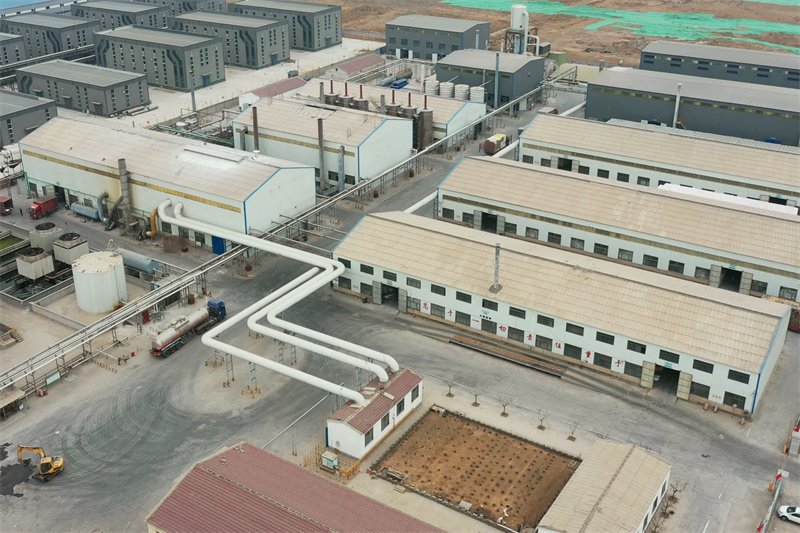
B2B Wholesale
We specialize in B2B and wholesale, offering competitive pricing and high volume availability to corporate buyers.
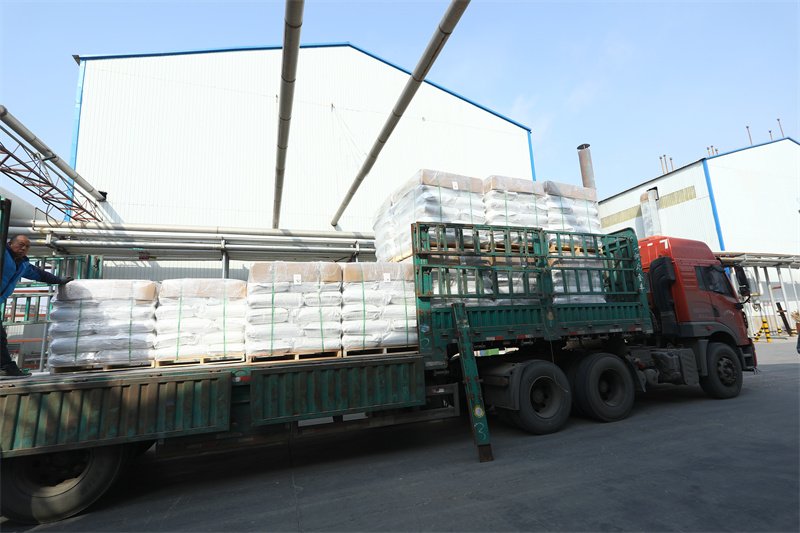
Global Reach
We export mainly to Russia, the Middle East, Southeast Asia, Central Asia, and Africa, offering customized solutions for diverse market needs.
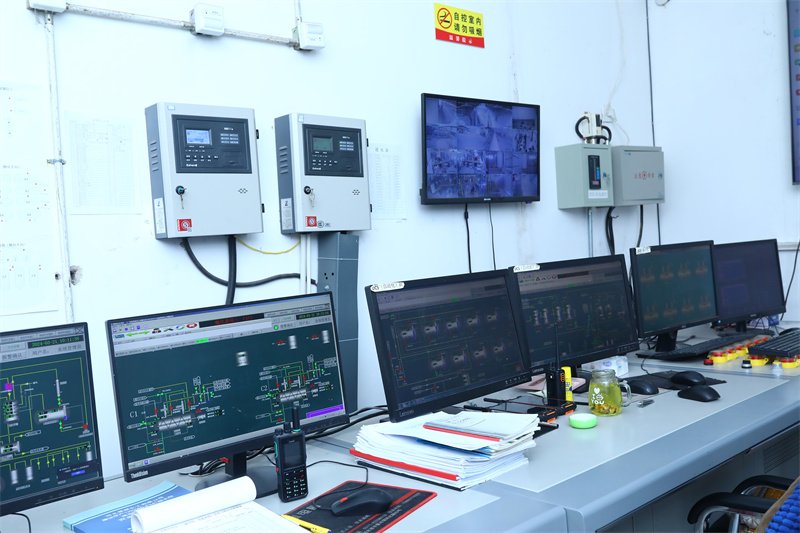
Expertise
With years of experience in the industry, we understand the technical requirements and market demands, providing products that exceed expectations.
Frequently Asked Questions by Customers
Methyl Hydroxyethyl Cellulose (MHEC) is a cellulose derivative commonly used as a thickening, water retention, and stabilizing agent in various applications, including ceramic tile adhesives. It enhances the adhesive's performance and application properties.
MHEC is added to ceramic tile adhesives to improve water retention, workability, and adhesion properties. It helps maintain the desired consistency of the adhesive, prevents rapid drying, and ensures better bonding between the tiles and substrate.
MHEC has high water-holding capacity, which helps retain moisture within the adhesive mixture. This prevents premature drying, allows for a longer open time, and ensures that the adhesive cures properly, leading to a stronger bond.
The typical dosage of MHEC in ceramic tile adhesives ranges from 0.2% to 0.5% by weight of the dry mixture. The exact amount can vary depending on the specific requirements of the adhesive and the working conditions.
Yes, MHEC contributes to improved adhesive strength by ensuring a uniform consistency and preventing the adhesive from drying out too quickly. This leads to better contact and bonding between the tiles and the substrate.
MHEC is generally compatible with most other additives used in tile adhesives, such as fillers, plasticizers, and defoamers. However, it's important to test the final formulation to ensure compatibility and desired performance.
MHEC is suitable for both indoor and outdoor applications. Its ability to retain water and improve adhesion makes it effective in various environmental conditions, ensuring reliable performance in different settings.
Explore More Products
Request an Instant Quote for Your Projects!
If you have specific questions about tile adhesive additives.
Our industry experts are here to help, and we’re happy to answer any questions you may have.
